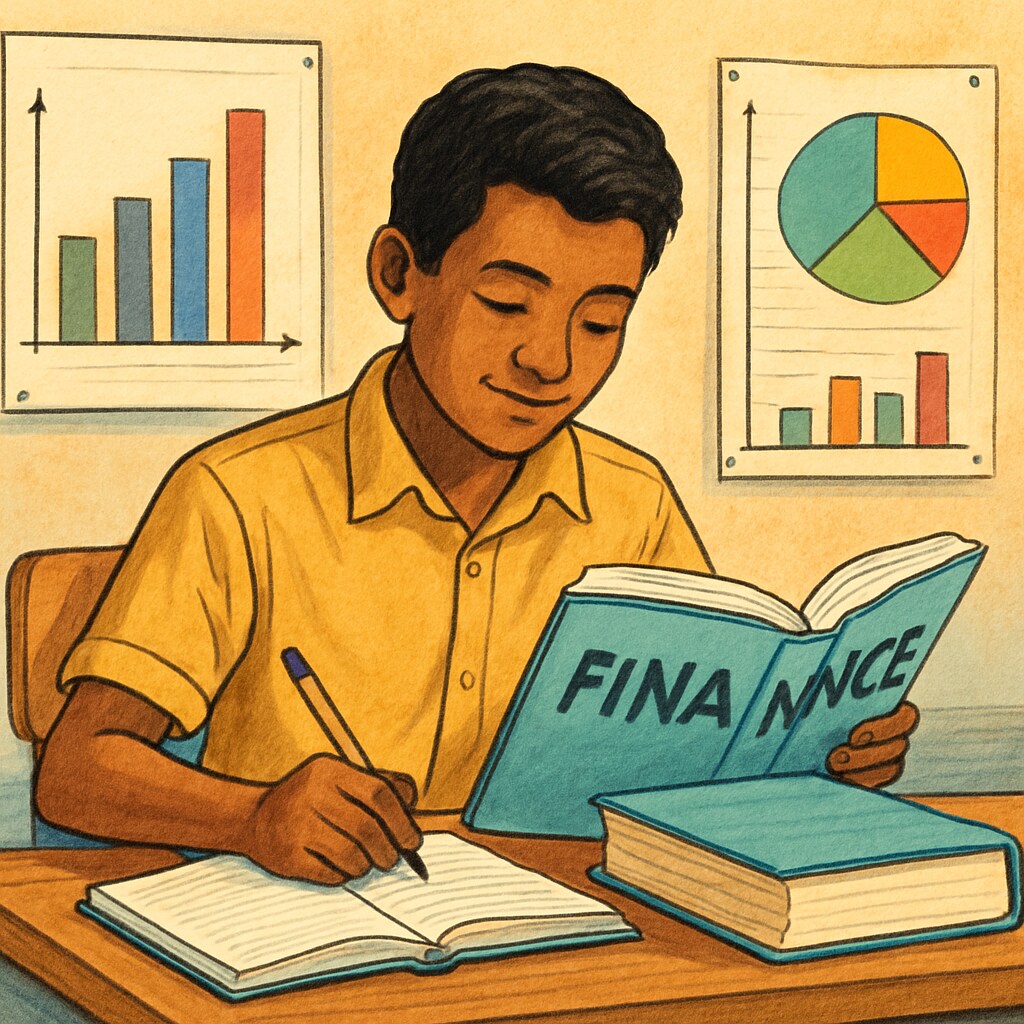Career development, financial education, and national growth are interconnected challenges for students in developing nations. For aspiring finance professionals, the limited scope of local financial markets and educational constraints can create significant barriers. This article examines the realities faced by finance students, such as a 19-year-old BBA student in Mali, and suggests actionable strategies for navigating these challenges to build successful careers in the financial sector.
Understanding the Financial Landscape in Developing Nations
In developing countries, the financial sector often faces systemic challenges, including limited infrastructure, low market liquidity, and a lack of advanced financial instruments. These issues trickle down to academic institutions, where financial education programs may lack the resources or rigor needed to compete globally. For example, a BBA student in Mali may find that their curriculum is heavily theoretical, with few opportunities for practical application or internships in well-established firms.
Moreover, the job market for finance graduates in these regions is highly competitive. Local banks and firms often have limited openings, and international opportunities may feel out of reach due to visa restrictions or the absence of global networks. As a result, many students wonder whether they should pursue further education, accept a local role, or explore entrepreneurial ventures.

Strategies for Career Planning in a Limited Financial Market
Despite these obstacles, there are several ways for finance students to position themselves for success:
- Leverage Online Learning Platforms: Platforms like Coursera or edX offer courses on advanced topics like financial modeling and investment analysis, enabling students to enhance their knowledge beyond the classroom.
- Pursue International Certifications: Earning globally recognized qualifications, such as CFA (Chartered Financial Analyst) or ACCA (Association of Chartered Certified Accountants), can significantly boost credibility in the job market.
- Engage in Networking: Joining professional associations or online communities (e.g., LinkedIn groups) can help students connect with mentors and peers worldwide.
- Consider Entrepreneurship: Students with innovative ideas can explore fintech or microfinance ventures, which are gaining traction in developing economies.
By adopting these strategies, students can broaden their horizons and align their efforts with both local and global opportunities.

Building a Long-Term Career Path in Finance
Long-term success in the finance sector requires a combination of adaptability, continuous learning, and strategic planning. Students in developing nations should start by identifying their career goals—whether they aim to work in corporate finance, investment banking, or fintech—and develop a roadmap to achieve them.
Additionally, aspiring professionals should stay informed about trends in the global financial industry. For example, the rise of sustainable finance and digital currencies presents opportunities for students to specialize in emerging fields. Staying adaptable and proactive will help them remain competitive in a rapidly evolving job market.
Inspiration from Success Stories: Many finance professionals from developing nations have overcome initial barriers to build impactful careers. For instance, individuals who began as interns in local banks later pursued MBAs abroad and transitioned into global roles. These examples highlight the importance of persistence and leveraging available resources.
Conclusion: Turning Challenges into Opportunities
While the journey to a successful career in finance may be challenging for students in developing nations, it is far from impossible. By combining local opportunities with international resources, pursuing continuous learning, and leveraging global networks, these students can overcome systemic barriers. As a result, they not only achieve personal career growth but also contribute to the financial and economic development of their home countries.
Ultimately, career development in finance is a journey of resilience, adaptability, and ambition. For students like the 19-year-old BBA student in Mali, the future holds immense potential—if they are willing to take bold steps and embrace lifelong learning.
Readability guidance: Short paragraphs, bullet points, and clear transitions enhance understanding. The text avoids excessive jargon and maintains an approachable yet professional tone.


